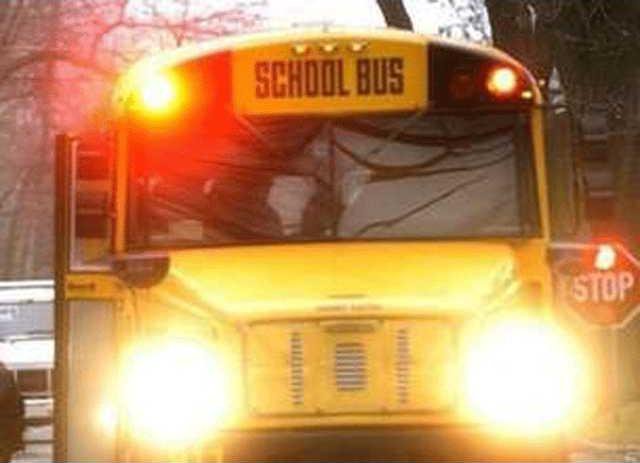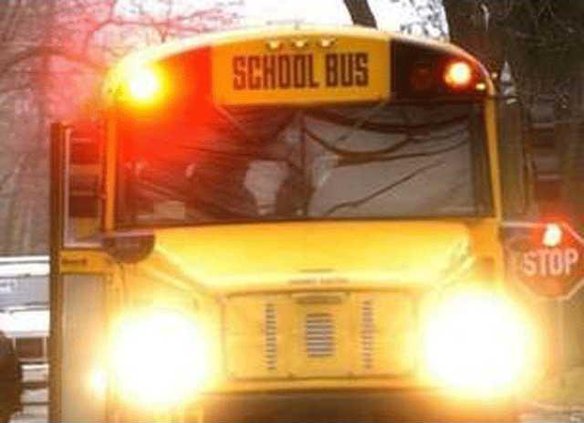A bill that would allow the highway patrol to ticket drivers that speed by school bus stop signs has support from Great Bend USD 428 Superintendent Khris Thexton.
Last week, Thexton told the school board about some of the bills being considered by the Kansas Legislature that affect education. He said he thinks House Bill 2154 is a good one.
The act authorizes the department of education to contract with private vendors for the installation and operation of stop signal arm video recording devices. Then, it creates procedures and civil penalties for violations.
“Stop arm video recording devices go on your buses,” he explained. “So, when the stop arm goes out, the video goes on, and you can be prosecuted for running a stop arm, with that video.”
Currently, merely capturing an image of a car disobeying a traffic signal rarely results in a ticket, even if the vehicle’s license tag is recorded. “You can’t prosecute on it because that may not be the person who owns a car driving the car,” Thexton said. The proposed law would allow law enforcement to fine the owner of the vehicle.
Thexton said he’s seen videos of close calls when motorists ignored a school bus stop sign and that has convinced him that this safety measure makes sense.
“You would think a big yellow bus with the stop arm out and red lights flashing would alert drives to stop, but it does not,” he said. “So, this is a good bill and it definitely protects kids and can put a little more power in for the authorities to take care of those that are violating those stop orders.”
Parents’ Bill of Rights
One of the more controversial pieces of legislation being proposed is House Bill 2662, the Parents’ Bill of Rights and Academic Transparency Act. Among other things, the bill would require public school teachers to start posting their lesson plans online ahead of the next school year. An online portal would give parents access to a list of the curriculum, books and academic materials used during the school year.
“All of the information that they’re asking for is available to our parents. A lot of times you don’t have to ask; our teachers are putting that information out there,” Thexton said. “There’s nothing there that teachers are hiding.”
Other bills
• Often the bills that come up are not unique to Kansas, Thexton said. The “Fairness in Women’s Sports Act” concerning transgender athletes that was signed in Florida last year is an example. In Kansas, it is Senate Bill 484. The bill would require that student athletic teams only include members who are of the same biological sex unless designated as co-ed.
• House Bill 2466 establishes the Promoting Advancement in Computing Knowledge Act “to increase the availability of computer science education in Kansas schools.” The Legislature wanted to make this a law last year, Thexton said.
“It really kind of put schools in a tough spot because you’re trying to find somebody that can teach those classes and it is going to be rather difficult,” he said. He knows there are students interested in learning more about computer science. “The more access our students have, the better, so we’ll continue to work on that.”
• House Bill 2512 and its companion, Senate Bill 499, require a second student count for virtual school enrollment. At present, an official headcount used to determine state funding is done on Sept. 20. Supporters want a second count day in February. This will allow virtual schools to capture funds for students who transfer to their school after Sept. 20.
• Senate Bill 455 would let students transfer to any public school in the state with no restrictions, regardless of where they live. However, Thexton said, “this doesn’t trump the high school activities association rule that if you ‘transfer’ and you don’t move there, it’s not a bonafide move; you have to set out a year.”





